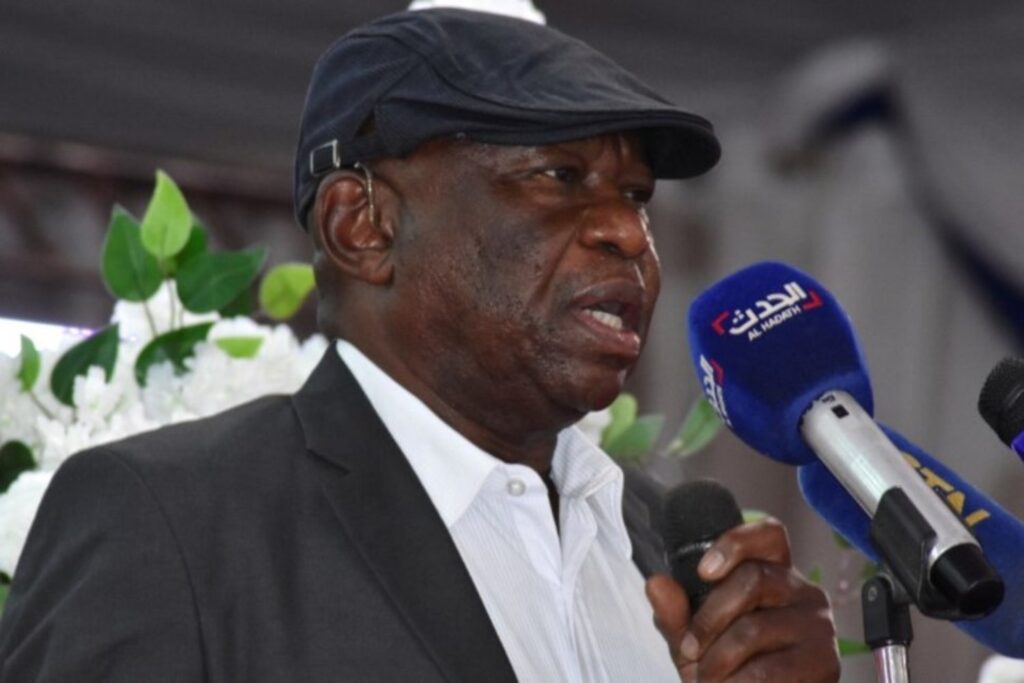
The Sudan Founding Alliance (TASIS) issued a sharply worded statement on Sunday rejecting the African Union Peace and Security Council’s (PSC) description of the movement as a “parallel government led by the Rapid Support Forces (RSF).”
In an eight-page memo addressed to AU member states and stamped “Draft 1 – Response to PSC/PR/PS.1292 (2025)”, TASIS leaders said the council’s 29 July communiqué “entrenches a militarised status quo” and ignores a civilian coalition that now claims to govern large swathes of Sudan’s war-torn regions.
“The Founding Government is not a militarist venture; it is a political and moral necessity, born of constitutional collapse and the army’s refusal to negotiate in good faith,” the document reads.
Key points from the TASIS response
- Composition: TASIS lists the SPLM-N, professional unions, exile technocrats and displaced-persons councils among its core members, arguing the bloc is “multi-dimensional, civilian-led and inclusive.”
- Legitimacy claim: Authority, the statement says, flows from millions of displaced Sudanese, diaspora remittances and a Founding Charter approved through grassroots consultations, not “from force.”
- Critique of the AU: The bloc accuses the AU of a “glaring contradiction” for suspending Sudan after the 2021 coup yet still recognising General Abdel Fattah al-Burhan’s junta despite ongoing war crimes and stalled peace talks.
- Accusations against Khartoum: TASIS lists civilian arming, sectarian mobilisation, aid denial and a so-called “strange faces law” among abuses it says the army has committed since April 2023.
- Endgame: The self-styled “Transitional Government of Peace” pledges to halt Sudan’s decades-long cycle of state violence and build a secular, decentralised state “worthy of its peoples’ sacrifices.”
AU yet to respond
The African Union has not formally replied to the letter. Diplomats in Addis Ababa told journalists the PSC is preparing a legal brief on the status of competing authorities inside Sudan, but gave no timetable.
Background
TASIS announced its Transitional Government of Peace in July, naming RSF commander Mohamed Hamdán Dagalo (Hemedti) as president and SPLM-N leader Abdelaziz al-Hilu as deputy. Khartoum dismissed the move as illegitimate; the AU communiqué echoed that stance, calling the body a destabilising “parallel structure.”
With front lines frozen and peace talks stalled, analysts say the clash over recognition is likely to intensify, leaving Sudanese civilians to navigate duelling administrations — and little prospect of relief from Africa’s longest civil conflict.




